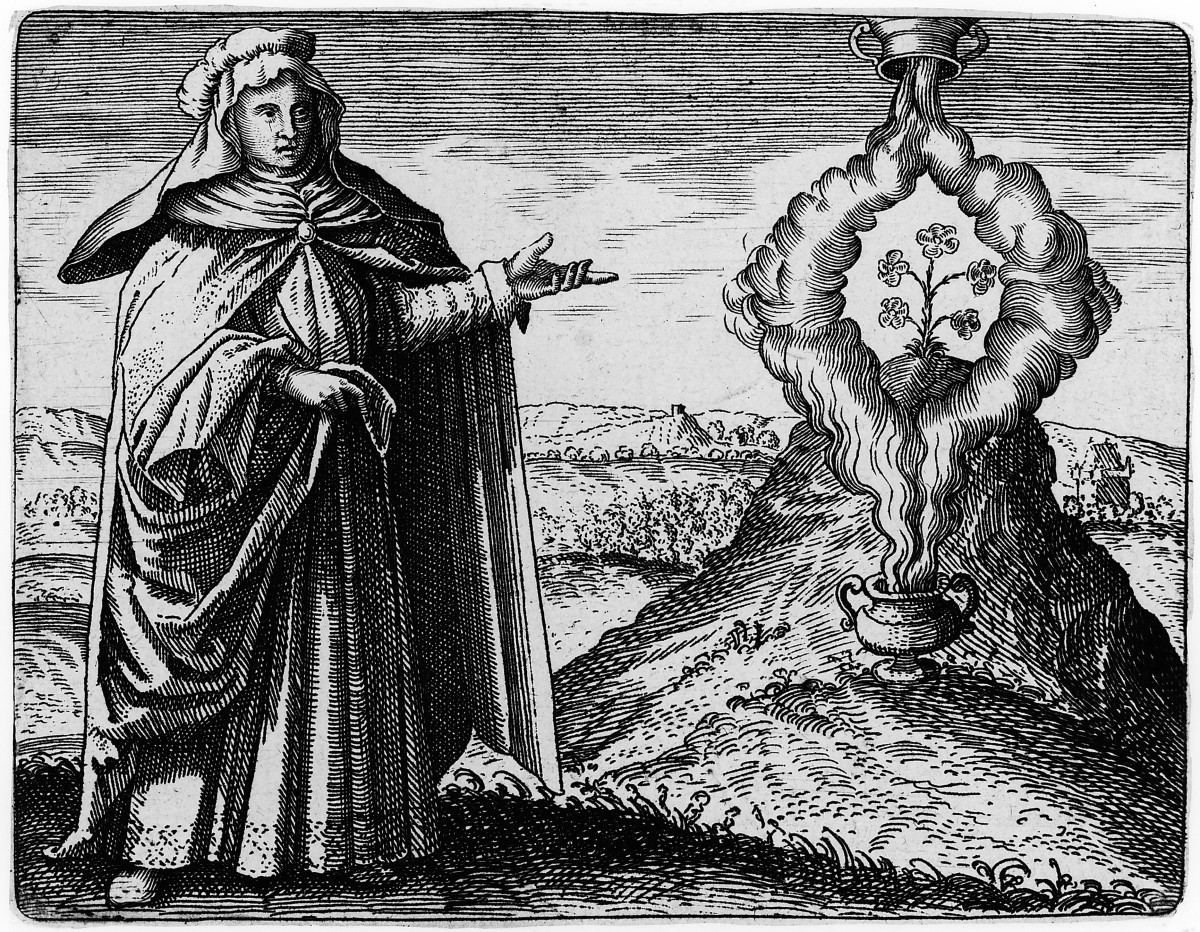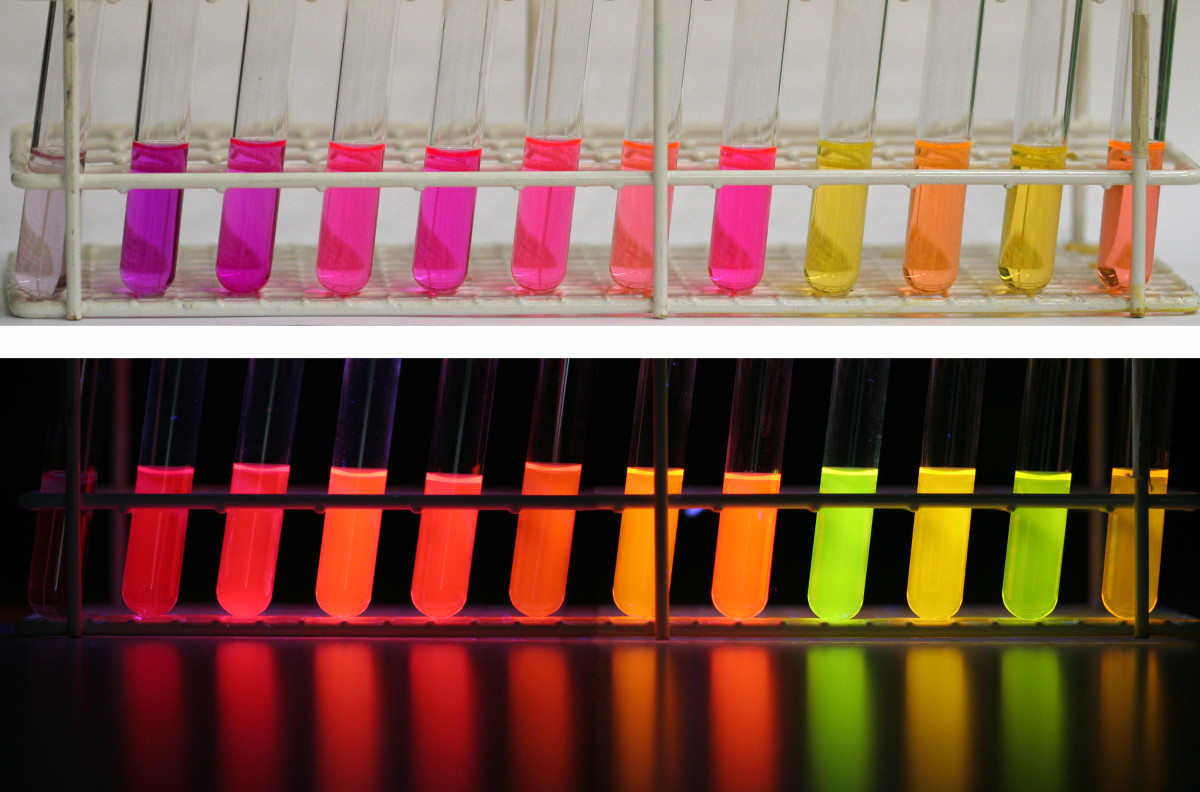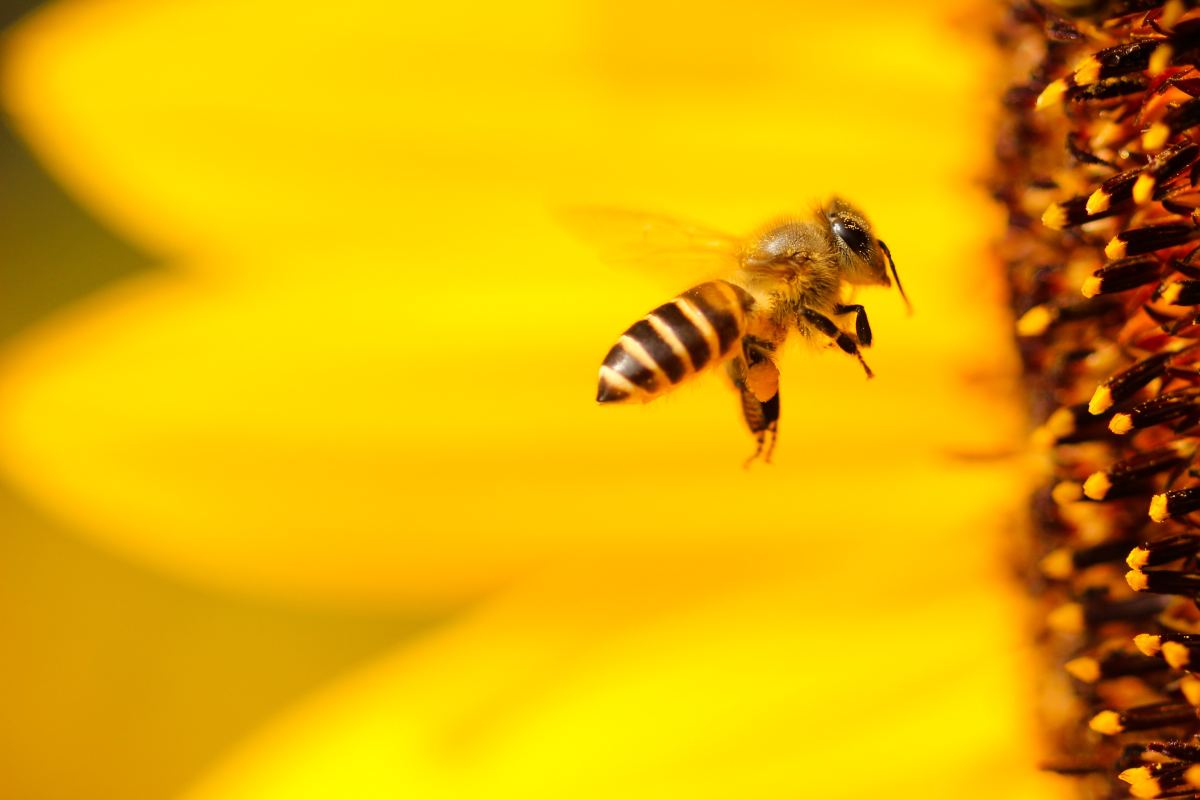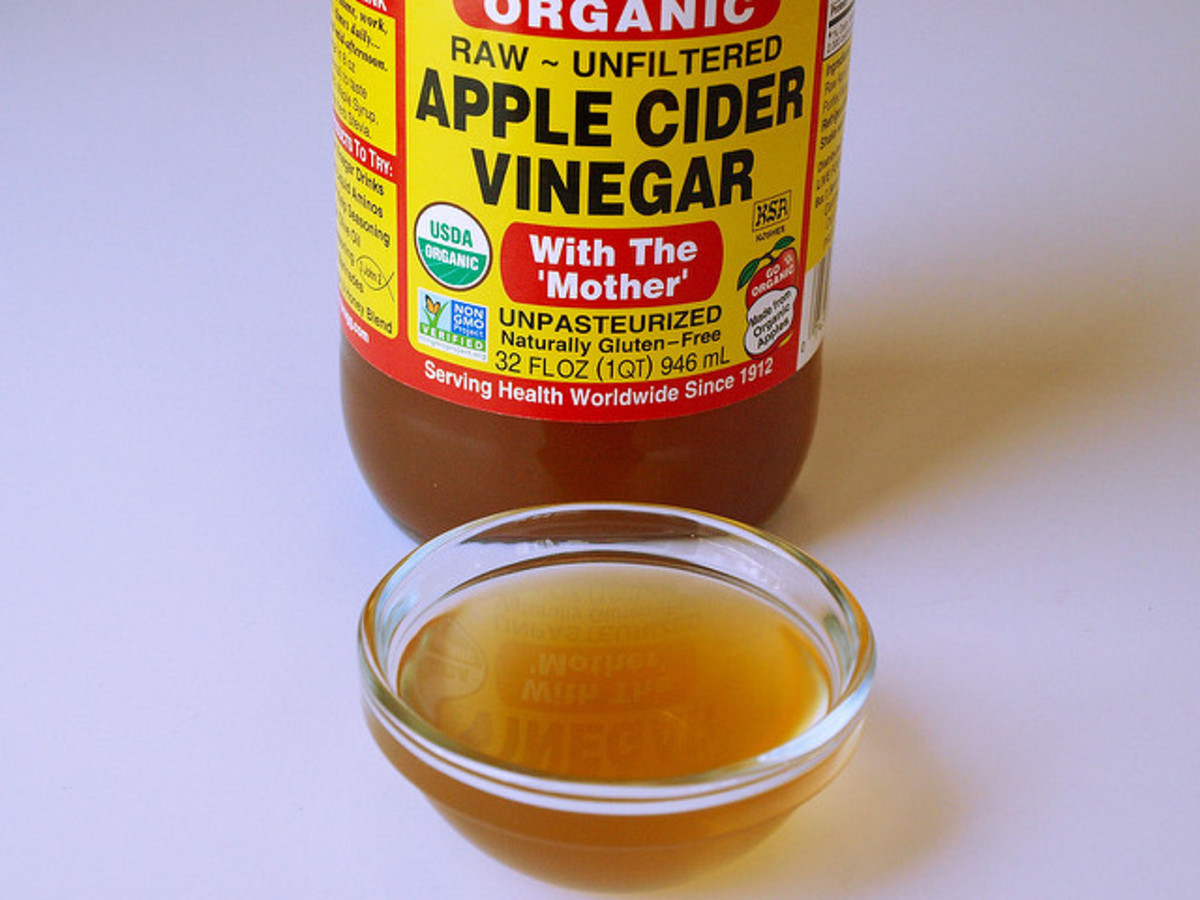D.E.A. Announces its Intention to Outlaw Sugar (and other substances such as the plant leaf called "Kratom")*
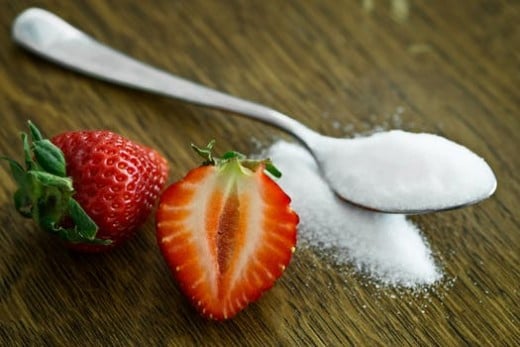
“The Drug Enforcement Administration (DEA) today announced its intention to place sugar cane into Schedule I of the Controlled Substances Act in order to prevent any more imminent and egregious safety risks to the public. Sugar Cane is a drug with no nutritional benefits or approved medical uses that is used as a food and drink sweetener. Most often sold in its granulated form, sugar has been proven to cause such conditions as diabetes, cancer, obesity, liver disease, brain disease and contributes to the death of millions of Americans each year. In the same way heroin and other painkillers do, sugar binds to the opiod receptors in the human body causing short-term euphoria, energy rushes followed by fatigue, and addiction. By placing it in Schedule 1, sugar will join other substances such as heroin, LSD, and psilocin and not be permitted to by possessed, sold, or used by the American public legally. While this may mean drastic lifestyle changes and a period of mass withdrawal for the public at large, the DEA and FDA (Federal Drug Administration) have concluded that it will protect the people of America from the massive amounts of health problems and death that sugar is directly responsible of.”
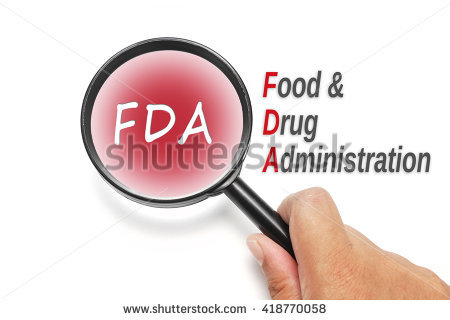
Everything written above about byproducts of sugar cane is absolutely true, except for the action of banning it. These facts about a popular and commonly used product were gathered and described in such a way to show the poor judgment and false presentment of a separate product that is now being pushed by the DEA to be banned, despite the fact that it is a natural, highly beneficial, and non-lethal substance that has been used safely and effectively for thousands of years. The bogus guise of public safety and social responsibility is being employed to try and coerce the American people into being less healthy, less informed, and less free in order to secure higher profits for the entities that feel threatened.
Fear campaigns such as this have been highly successful throughout history, but since the recent advances in technology, information, and communication, the powers that be can no longer so easily pull the wool over the people’s eyes and push the people into supporting bad policy by provoking phony fears through false and distorted information just to protect their own interests. It is becoming more difficult for those with power and money to harm the well-being of the people and erode the people’s liberty just to line their own pockets.
The substance being discussed here is a herbal supplement known as Kratom (Mitragyna speciosa)and more specifically, Mitragynine and 7-hydroxymitragynine, which are compounds found in the leaf.
Kratom is a plant that that has grown in Thailand, Malaysia, Indonesia and Papua New Guinea and has been banned in some of the native countries whose governments see it as a threat to their poppy crop profits (because Kratom is a mild, vastly safer alternative to opiods such as heroin and therefore a threat to those businesses that depend on powerful addictions to secure their intake of wealth). Kratom, is a plant whose leaves, usually crushed, are most commonly ingested in a cool tea (since a hot tea would neutralize many of the effects). In small doses it produces mild to moderate energy, focus, and endurance (without the crash associated with most stimulants such as coffee and sugar) and in larger doses can produce pain-reducing effects, anti-anxiety effects, and feelings of well-being (without the significant loss of motor skills associated with other anti-anxiety substances such as benzodiazepines like Xanax). Kratom also has shown other qualities that combat a long list of harmful conditions and diseases, but these effects are much less known in the West than the previous two immediate effects described.
Also, different types, or strains, of the herbal supplement have differing effectiveness as to the energizing side or the relaxing side of the spectrum. Since Kratom is a naturally occurring, non-synthesized (in its leaf or crushed form) herbal supplement, it is necessarily inconsistent in its effects. Because of this, and like all herbal supplements, the FDA cannot confirm or support any statements considering health benefits (this type of statement is printed on all the labels of supplements sold in stores and pharmacies)
All the statements and assertions against Kratom rely on one thing for their support. That thing is: ignorance, ours and theirs. Because official studies and vast amount of scientific research in this country is somewhat lacking concerning this subject, they can state any rumor, poorly-connected idea, or false declaration they want to, as long as they follow it up with: we really don’t know and we won’t accept that anyone else knows. We need more research. But since we need more research on everything that exists, this is not a reason to deprive those that use it responsibly and to great benefit to themselves and the country. On the contrary, banning it would make research of it less likely, more difficult, and when it would be done, it would be highly biased since those overseeing and funding it have a vested interest in what the research shows. So, since more research is needed, that is actually another reason for its being left unmolested by government intervention.
Before I go further, it is important to understand where I am coming from on this subject and my level of expertise. For my part, I have been enjoying Kratom for over 20 years, since I first discovered it during my traveling to parts of Asia as a writer. During this span of time I have experimented with amounts, different types, and different methods of ingestion. I, along with a large number of family, friends and associates have studied and explored this substance for many years to our certain benefit. I have partly owned and worked in a café that specialized in serving this herb for 5 years (although I sold my share 2 years ago wanting to focus more on other interests) and have traded information with thousands and thousands of people, from doctors to laymen, with direct, first-hand knowledge of Kratom. I have heavily researched, read, and discussed everything I have found and while I do agree much more research is always important, I do not believe that those who wish to ban it have the American people’s best interest at heart. They cannot have our best interest at heart. They would not take the action they have taken if they knew what we know. (And it is not as if we have been unavailable to share our resources, to the contrary we have made it a priority to educate and share information with everyone so that no one could come along and strip us of our inalienable rights to life, liberty, and the pursuit of happiness without some resistance.)
I do not say Kratom is a miracle herb. Kratom has pro’s and con’s similar to all other herbal supplements. I do not say Kratom is a cure-all, in fact I know that it is not a good fit for many. I only say that it a dried leaf that has more benefits than detriments and it overall mild and safe. It does not kill and it does not cause terrible dependence like cocaine or heroin. Is it for you? Perhaps, perhaps not, but either way the decision should be yours.
The DEA would have you believe that because it has pain-reducing effects it is exactly the same as other substances such as opiods (hydrocodone, oxycotin, percacet, etc.) This is a false assumption. Opiods are highly addictive as they not only cause the body to stop creating painkilling substances of its own which creates great sickness (on top of the actual pain they were being used for) when they are absent, but as the body becomes used to them, tolerance goes up very quickly and to the extent that normally lethal doses are needed to get the same effect (which is a mitigating factor in over-dose, for example: Someone used to take 10 5mg hydrocodones to feel the full effect, but has not taken them in a significant amount of time, will unwittingly overdose using their “usual” amount. This can not happen with Kratom.)
In contrast, Kratom does not have near the degree of overpowering effects that opiods do and there is a ceiling effect with Kratom which makes taking more than a certain amount useless. While one could take an excessive amount of Kratom and experience nausea, diarrhea, hot and cold flashes, hair loss, and other minor problems, those are all natural, temporary responses to the abnormal use of most foods, herbs and vitamins. (Point: if one does take excessive amounts and experiences the non-lethal uncomfortable consequences of that behavior one might be more inclined to take more appropriate doses in the future; while with opiods, taking more will often be rewarded until one takes too much and is hospitalized and/or dies)
Comparing the degrees of kratom and opiods is the same as comparing coffee and cocaine, the former is much safer than the latter. While any substance that has a perceived or actual beneficial effect will create the desire to use it again and again leading to varying degrees of dependence, opiods have powerful and dangerous addiction feature to them; Kratom, as taken in the usual tea form is no more addictive than coffee.
The FDA has found it “troubling” that people have used Kratom to escape the deadly and horrible addiction to opiods such as prescribed painkillers or black market heroin and fentanyl. The tens of thousands of people that were able to restore their lives to a much healthier, sober, and pain free existence through the use of Kratom find it more than troubling that the Federal Drug Administration dismisses their success and actually prefers them to be ensnared in the hell of full-blown opiod addiction. Any who finds the betterment of the individual, the improvement of the family, and the progress of a country as “troubling” or “problematic” clearly does not have the best interest of that society very high on their list of guiding principles.
The FDA says is “making sure patients have access to treatments [of opiod use disorder] that are proven to be safe and effective.” If that were true, why would they ignore or dismiss the tens of thousands of people who have safely and effectively treated their opiod use disorder with Kratom? Why do those peoples factual experiences not count? Simply put, because the FDA just doesn’t want them to count. The problem with that is: those Americans and their experiences DO count and ARE valid.
Opiods suppress the respitory system, which can lead to overdose and death. Kratom does not suppress the respitory system nor any system that will result in death. There has never been one confirmed death caused by the Kratom plant which has been in use for thousands of years. (Now it is a probability that there is someone out there that is somehow allergic to this substance and could have an abnormal reaction, but we do not ban peanut butter because a tiny faction of people find it dangerous and deadly to consume. Those unfortunate ones may have to avoid what does not agree with them, just as we should all avoid what is offensive to us personally. We do not deprive it from those who find it to be good and wholesome.)
In the statement released November 14th it read: “The FDA is aware of reports of 36 deaths associated with the use of kratom-containing products.” The key word is “associated” which means that when the person died there was evidence that they had taken Kratom at some point. What it does not admit is that there is no correlation between the Kratom being taken and the death, only that their might possibly be. This is a trick that is often used by those set upon bolstering their argument with misinformation and logical fallacies (often “associated” will be exchanged for “-linked” or “-related” death/s). This statement is misleading.
If a person drinks a cup of clean water and suffers a heart attack (or stroke) and dies, that is a “water-consumption associated death” in that he drank water right before suffering the heart attack. Did the water cause the heart attack? It is scientifically possible (in 2015, there were 14 deaths attributed to drinking perfectly clean water). But is it likely that the water caused the heart attack (or stroke)? No. It is not likely he suffered a heart attack because he drank clean water. We can’t rule it out, though. That’s what makes the statement okay to express, even though its purpose is to mislead others into concluding something to be truth that is false.
Another example: A woman walks down the sidewalk with cup of coffee in her hand. She goes to cross the street and a car hits her and kills her. This is a case of a “coffee-related” death. Did the coffee cause her to die? Again: possibly, not likely and probably absolutely not, but as possible as anything might be possible under the right conditions. Maybe the caffeine made her over-anxious and impatient in crossing the street. Maybe she was enjoying getting high on her coffee so much she didn’t notice the traffic. Maybe she was so insane on all the sugar and caffeine that she rushed into traffic with delusions she was invincible. Does this sound ridiculous? So does 36 kratom-associated deaths.
Another phrase that is deliberately misleading is “kratom has a high potential for abuse”. Since there is currently no publicly accepted medical use for kratom, ALL use of it is considered abuse. Even sprinkling it in your compost is technically “abuse”. When I think of “abuse” I think of using something in a way that is bad for me and/or those around me. But that is not at all what they mean. They are abusing the word “abuse” by hoping that we will consider the statement to be a warning, when it is just a trick of semantics.
Kratom: what it looks like
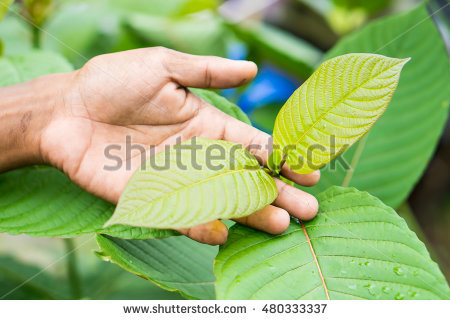
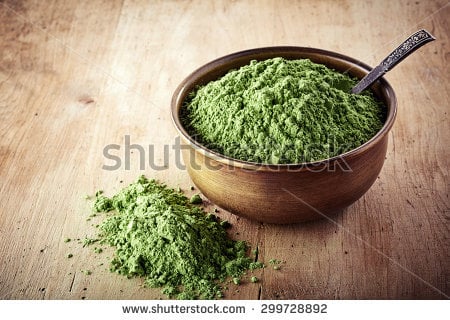
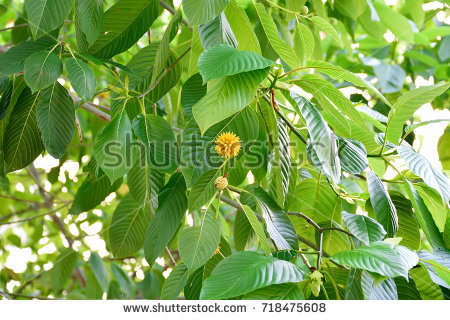
“But why would they want to make it illegal if it does have all these benefits claimed?”
Because if there is a substance that is safe and effective at treating all sorts maladies from opiod-addiction to anxiety to attention-deficit disorder to alcoholism and beyond, then modern medicine is going to lose money. Pharmaceutical companies will lose money. Hospitals, doctors, rehabilitation centers will all lose money. Even more tradition businesses that are deeply established like coffee and sugar may lose money (Isn’t it always about the money!). The FDA and DEA know who feeds them and they are afraid that they will lose out if there is any competition or effective, natural solutions that are not controlled by them.
This fear is largely unfounded. Like I said, Kratom is not some miracle herbal supplement. It is not powerful enough to satisfy most people’s need to change or alter their state of mind. It is not so effective that we would not still need modern medicine and all that entails. One of its detriments is that it does not taste very good, so it is usually mixed with juice, but rarely enjoyed in the consumption phase. It is the new garlic pills, the new fish oil; it is beneficial, but in a moderate way. Which is what makes this whole push to ban it so appalling, with so many real problems in the world, why try and cause another one. They should just tax it so that they get their cut of the profits and leave well enough alone. But it does not look good.

This following point I saved for last, because it does not have to do so much with the truth about kratom being a natural, effective, and safe herbal supplement as it does with the principles on which this country is founded on. Since to each one of us, principles are a personal thing, I don’t want this opinion to muddy up the truths above, but in some ways it is the most important aspect of this whole discussion.
When the United States was formed there was a document called The Declaration of Independence in which this guiding principle would help us form a more perfect union than was ever before tried: “We hold these truths to be self-evident…that it is the inalienable right of all men to life, liberty, and the pursuit of happiness.” The government wasn’t to set up to define or control the inalienable rights of “life, liberty, and the pursuit of happiness”, it was set up to protect those rights. The reason this is important is that previous governments were set up to control the people, and they inevitably failed because they violated those three inalienable rights which we as humans are programmed to desire and live out no matter what. You cannot actually take away those rights because we will always try to preserve our lives along with the ones we love, we will always try to do what we think and believe to be best despite any imposed punishments, and we will always try to live well, that is, happily.
That being said, banning kratom will not stop its use because it is proven to be good and useful. Just as we learned from Prohibition and the War on Drugs, banning substances that make people happy only serves to make good citizens into criminals and it enriches criminal enterprises such as gangs, cartels, and terrorist organizations (Among other terrible things). The best way to handle substances is through real, unbiased research, education, personal responsibility in exercising liberty and pursuing of happiness, support establishment for when we fall, and the exposure of false information and vulgar motives. When people are trusted to make their own decisions, get free and openly biased education (by this I mean education consisting of several sources, some of which are biased, but those biases are acknowledged as part of the information) and know that they have support if they choose poorly, they will more often than not choose the right thing, and if not, be much more likely to amend their mistakes. The government’s role is to protect that choice. Trying to force others to do what they believe is wrong using cruelty and stigma or policy only serves to magnify the damage and corrupt our virtues.
Everything has a good aspects and not-so-good aspects. If you only focus on the bad, everything will be deemed dangerous or harmful. It is acceptable to us that aspirin causes an average of 56 confirmed death a year (and contributing to over 20,000 deaths), yet we should cringe in fear of 36 unconfirmed deaths? If something is useful or beneficial to some, then it is better that they can use it safely and without fear. Even something as dangerous as tobacco, which has a hugely disproportionate downside to its upside, should ultimately be legal (and taxed greatly) because if we can not choose freely to do what may be bad for us then we have no freedom at all. Only given the choice of what others have deemed best for us is not freedom, it is oppression. We must defend our right to choose for ourselves, even if it may not be what is best for us, because ultimately liberty is the higher principle. It is not the job of the government to protect us from ourselves, which is oppressive and destructive, it is only their job to serve us by protecting our rights from those who seek to diminish it, whether that may be other people, groups, or even a government entity that is misguided or corrupted in its motives. It is not so much a question of right and wrong as it is: what is more right? Keep kratom legal, keep America free and brave.
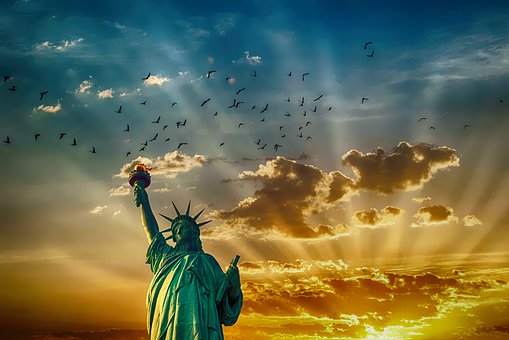
Collaborating sources:
I had a long list of collaborating sources, but since I keep getting warnings such as what you see below, I will simply ask you to search any facts referenced here on your own or just request the sources from me and I will gladly send them to you (though forgive me if it is not immediate as I do not have steady internet access). I have not and will not accept any financial gain from this article as its only purpose is to educate honestly and help defend our inalienable rights.
- WARNING: This article is at risk of being identified as Overly Promotional for use of affiliate links
- WARNING: This article is at risk of being identified as Overly Promotional because it has 3 or more links to a single domain.
Disclaimer: At the present, the D.E.A. has no known intention to prohibit sugar cane. This statement is purely for compare and contrast purposes.

